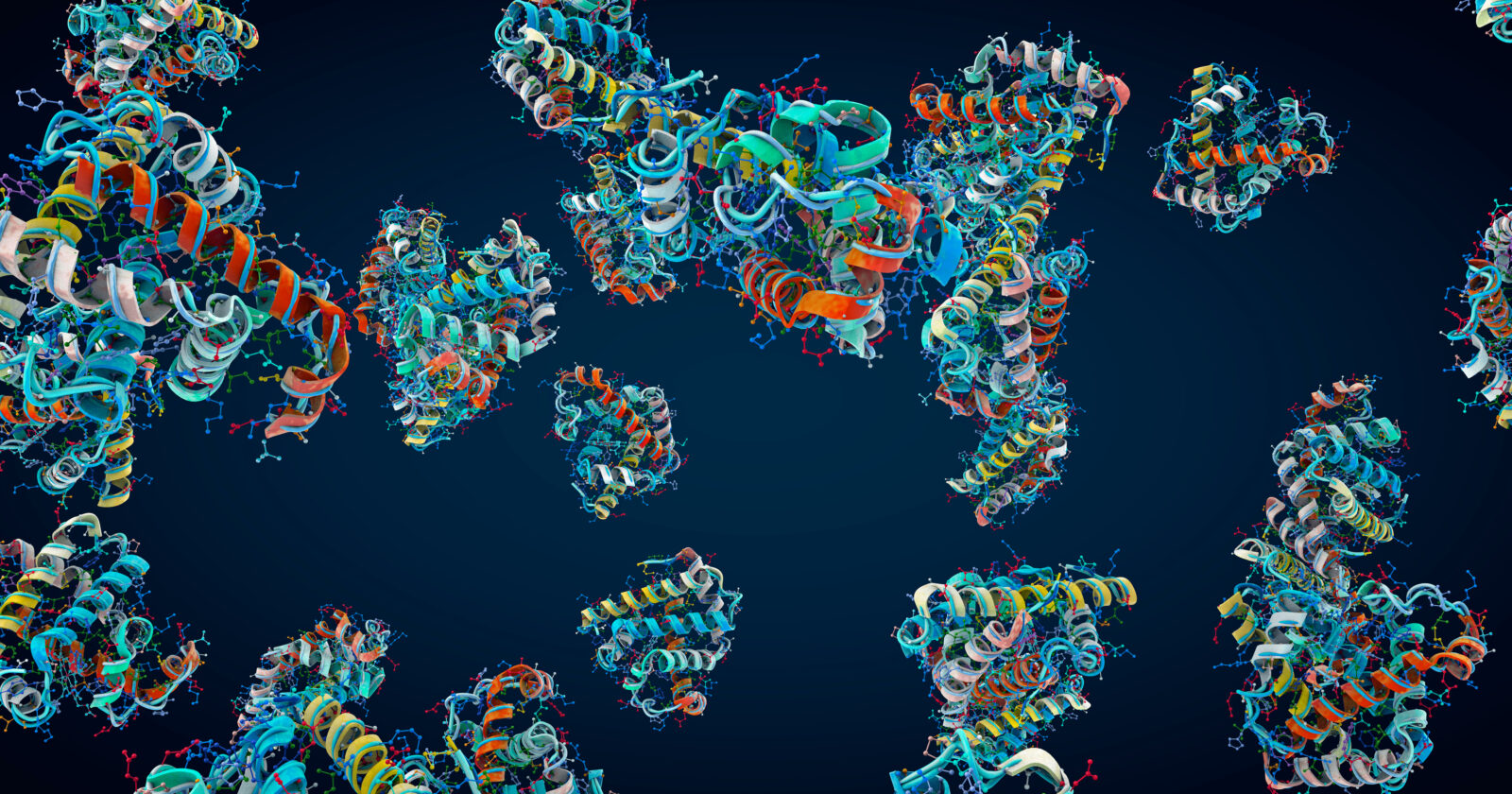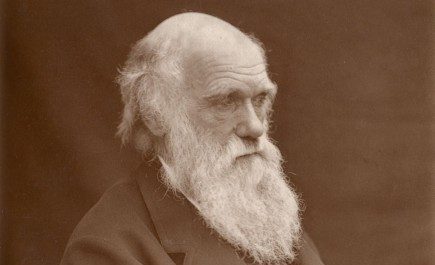


Is Adaptation Actually a Fight to Stay the Same?

Protein Evolution, The Waiting Times Problem, and the Intriguing Possibility of Two First Parents

Evolution: How Darwin’s Four Causal Factors Fail
On today’s ID the Future, Your Designed Body co-author and systems engineer Steve Laufmann continues his conversation with host and neurosurgeon Michael Egnor. In this episode, Laufmann reviews four causal factors involved in Darwin’s theory of evolution, and explains why they lack the power to generate life’s great variety of forms. To dive deeper into his argument, check out Laufmann’s new book co-authored with physician Howard Glicksman.

A Physician’s Fantastic Voyage through Your Designed Body
On today’s ID the Future Your Designed Body author and physician Howard Glicksman takes a deep dive with Philosophy for the People podcast host Pat Flynn into Glicksman’s new book, co-authored with systems engineer Steve Laufmann. As Glicksman puts it, he and Laufmann look not just at how the human body looks but at what it actually takes for it to work and not die, and what this implies for evolutionary theory. Begin by piling up the layers of complexity in the human body—the layer upon layer of complex interdependent systems. Then ask hard questions about whether any blind and gradual evolutionary process could have kept our evolutionary ancestors alive at every generational stage as all this was gradually engineered by countless random mutations over millions of generations, beginning with the first single-celled organisms billions of years ago. Once one faces those hard questions without retreating to vague just-so stories about nature needing vision (or hearing or any number of other bodily functions) and therefore magically evolving it, at that point Darwinism’s story of gradual and blind evolution collapses. The explanation that is left standing, according to Glicksman, Laufmann, and Your Designed Body: intelligent design. This episode is posted her with the generous permission of Pat Flynn and the Philosophy for the People podcast.

David Berlinski on Nazism, Darwinism, Emotivism, and Nature Rights
On today’s ID the Future, Human Nature author David Berlinski continues his conversation with host Wesley J. Smith. Here Berlinski reflects on the Jewish Holocaust, the destructive nihilism of the Nazis and the SS, and the shortcomings of Neo-Darwinism as an explanation for the diversity of life. Berlinski and Smith also discuss the increasingly widespread attacks on human exceptionalism, the growth of emotivism and why it’s a problem, and the bizarre nature rights movement. This is the second and concluding part of a conversation borrowed, with permission, from Wesley J. Smith’s Humanize podcast.

Axe’s Not-So-Secret Guide to Making Cookies and Dragonflies
This ID the Future brings in protein scientist Douglas Axe to discuss his contribution to a new book, The Comprehensive Guide to Science and Faith. Axe and host Casey Luskin discuss Axe’s thinking on the design intuition, the evidence that it’s triggered almost universally in small children when they observe things like dragonflies or fresh-baked cookies, and why he’s convinced that this intuition is a rational one rooted in our true sense of what sorts of things require know-how for their creation. For those who retort “Science!,” Axe has some of that to offer as well. As he tells Luskin, he led an experiment at a lab in Cambridge, England, on the abilities and limits of an enzyme to evolve. The research findings on this protein, beta-lactamase, were published in a prestigious, peer-reviewed research journal, and showed that while the enzyme does mutate, the odds of it randomly mutating to a fully novel function are so slim as to place such an event beyond the reach of chance, even if we give all the life forms that have ever existed on Earth a go at the challenge. The Petri dishes don’t lie. The numbers don’t lie. So why do so many academic biologists and other scholars resist the design implications of Axe’s research? For many it’s because they are theophobes, says Axe. He explains the term and, for evidence, points to a noted contemporary philosopher who frankly admits to being one.

Darwin Devolves Author Michael Behe Tangles with Two Philosophers, Pt. 3
On this ID the Future, ID biologist Michael Behe continues fielding tough questions from philosophers Pat Flynn and Jim Madden. Here in Part 3 of 3, Behe responds to the claim that some designs in biology are bad designs and to criticisms leveled at ID from some Thomists. Also in the mix, the issue of academic pressure to distance oneself from ID, even before those involved understand what the theory of intelligent design actually is. Madden also asks Behe what reforms he’d pursue if he suddenly found himself in charge of the National Academy of Sciences. Tune in to hear Behe’s response, and much more. This three-part series is borrowed, with permission, from Flynn’s podcast, which can be found on his YouTube channel.

A Mousetrap for Blind Evolution, and Larry Moran
Today’s ID the Future concludes our series on A Mousetrap for Darwin, Lehigh University biochemist Michael Behe’s new book on evolution and intelligent design. Here Behe and host Eric Anderson tackle an objection to Behe’s work from evolutionary biologist Larry Moran. Moran says that while the Darwinian process may find it difficult to find any particular solution requiring evolutionary innovation, there are countless possible solutions to a given problem, not just the one solution that evolution did hit upon and that is under investigation. According to Moran, Behe failed to take this into account, a factor that greatly enhances the chances of blind evolution to engineer novel solutions to ecological challenges. Behe counters that Moran’s objection misses the force of the evidence gained from the study of evolution in the malaria parasite and in other microbes. That evidence shows that evolution is extremely limited in what it can achieve, no holds barred, no possible solutions disallowed. Behe also discusses recent research confirming Dollo’s Law, why that’s bad news for Darwinism, and why Behe’s time-symmetric Dollo’s Law spells even bigger trouble for Darwinism.

Michael Medved Spotlights Michael Behe and His New Book
Today’s ID the Future features an excerpt from the Michael Medved Show spotlighting intelligent design proponent Michael Behe. The two Michaels do a quick flyover of Behe’s hard-hitting new book, A Mousetrap for Darwin: Michael Behe Answers His Critics. Along the way they discuss some random mutations often touted as proof of evolution’s power, including some found in dogs. On closer inspection, this dog of an argument for evolution won’t hunt. Tune in to hear Behe’s lucid explanation.